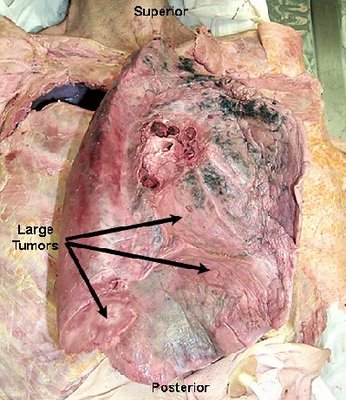
NCP for Heart Failure
Assessment
- Left-sided heart failure ; Dyspnea, Crackles, Orthopnea, Paroxysmal noctural dyspnea, Tachypnea, Tachycardia, Gallop rhythm (third or S3 and fourth or S4 heart sound), Fatigue, Anxiety, Arrhythmias and Cough.
- Righ-sided heart failure ; Dependent edema, Weight gain, Fatique, Jugular vein distention, Tachycardia, Gallop rhythm (S3 or S4), Nausea, Anorexia, Hepatomegaly and Ascites.
Nursing Diagnoses
- Excess fluid volume
- Activity intolerance
- Ineffective health maintenance
Planing and Goals of Nursing Care
- The clients will understand how to cope with necessary lifestyle changes.
- The client won't develop preventable complication
- The client will will understand how to continue therapy at home.
Nursing Intervention For Heart Failure
- Assess cardiovascular status, vital sign and hemodynamic variable to detect signs of reduced cardiac output.
- Assess respiratory status to detect increasing fluid in the lungs and respiratory failure.
- Keep the client in semi-fowler's position to increase chest expansion and improve ventilation.
- Administer medication as prescribed, to enhance cardiac performance and reduce excess fluids.
- Administer oxygen to enhance arterial oxygenation.
- Measure and record intake and output, Intake greater than output may indicated fluid retention.
- Monitor laboratory test result to detect electrolyte imbalances, renal failure, and impaired cardiac circulation.
- Provide suctioning, if necessary assist with turning and encourage coughing and deep breathing to prevent pulmonary complication.
- Restrict oral fluid to avoid worsening the client's condition.
- Weigh the client daily to detect fluid retention. A weight gain of 2lb (0,9 kg) in 1 day or 5 lb (2,3 kg) in 1 week indicates fluid gain.
- Measure and record the client's abdominal girth. An increased in abdominal girht suggests worsening fluid retention and right-sided heart failure.
- Make sure the client maintains a low-sodium diet to reduce fluid accumulation.
- Encourage the client to express feelings, such as a fear of dying to reduce anxiety.















No comments:
Post a Comment